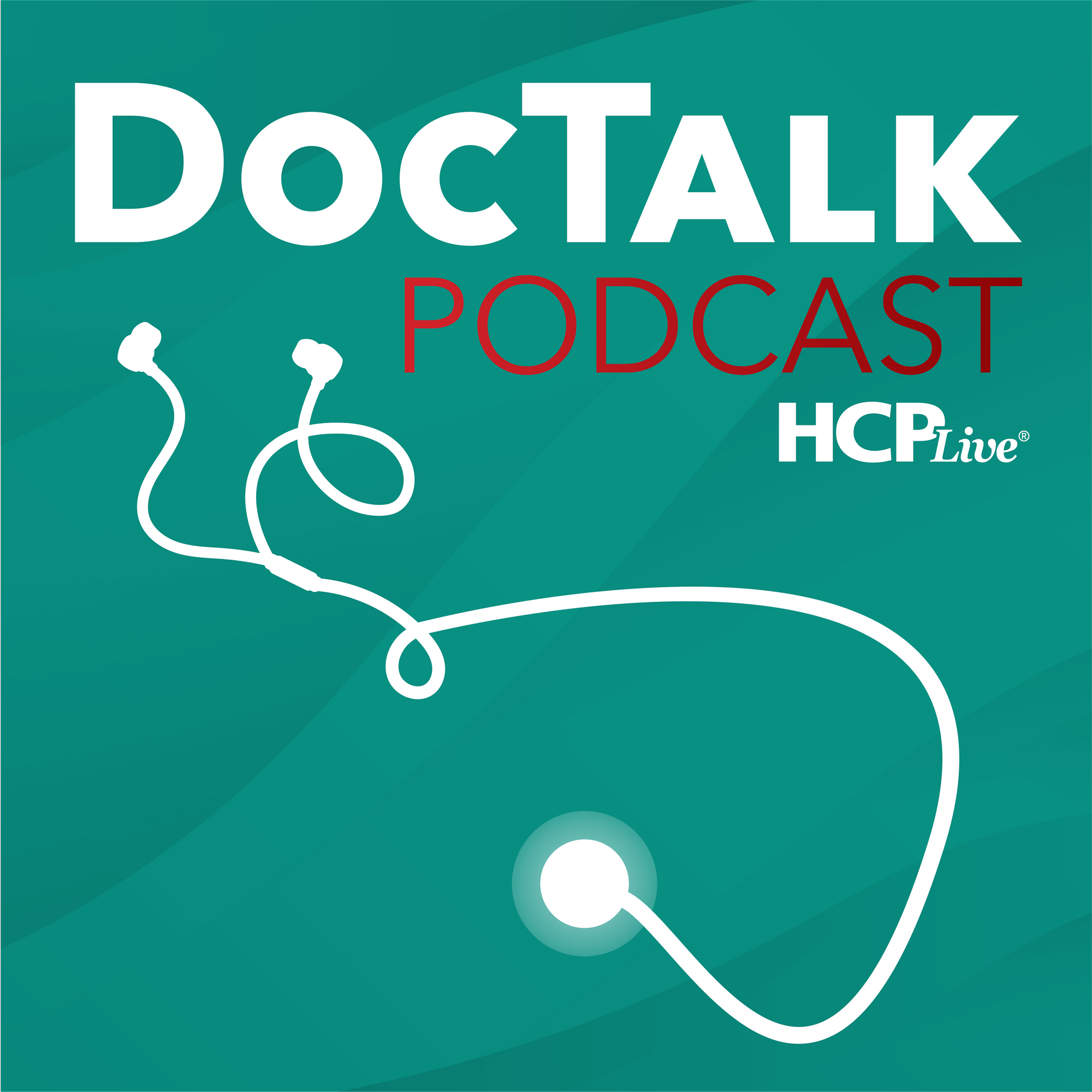Video
What is the Burden of Atopic Dermatitis?
Author(s):
Comprehensive discussion on how atopic dermatitis can impact a patient’s quality of life.
Transcript:
Lawrence Eichenfield, MD: Why don’t we shift to epidemiology and the concept of burden of disease in relationship to sleep disturbance with atopic dermatitis [AD]? I’ll take that on because it’s so intimately tied. We know that itch is part of atopic dermatitis. Inflammation is part of itch, but don’t forget that it’s that even without clinical inflammation. There can be itch in patients with atopic dermatitis. The best example of that is when we have younger kids, and when their mom takes their clothes off, they start going at their skin. You put the clothes back on, and they stop. Air on the skin neurogenically is being perceived as an itchy sensation.
And with itch, there could be sleep disturbance. This is remarkably common. It’s 1 of the points I ask about with every visit. I look at the rash, I ask how the itching is, and then I ask about sleep disturbance, because it’s so incredibly common. It’s clearly more common in terms of number of nights per week as you get to more severe disease. It’s present throughout the ages and has a lot of secondary consequences in terms of disturbance on learning. Maybe it’s 1 of the reasons why ADHD [attention-deficit/hyperactivity disorder] is more common in children with atopic dermatitis. It certainly affects school and work performance. It impacts both children and adults similarly. There are some differences obviously because of the activities that are involved. Kids sometimes have sleepovers. With adults, sleep disturbance certainly affects intimate relationships as well. Are there any other comments you can add on sleep disturbance?
Elizabeth Swanson, MD: When your kid isn’t sleeping and is scratching all night, you’re not sleeping. The impact of sleep trickles down to every other member in that household.
Leon Kircik, MD: There’s a question people ask me that I don’t have the exact answer for. Is sleep disturbance due to pruritis or is it 2 separate entities that we don’t have a good answer for?
Lawrence Eichenfield, MD: It clearly is associated with pruritis because the physical finding of patients and their families is that there’s falling asleep and staying asleep, and both of those are disturbed. It correlates with peak itch score and other summary scores of itch. It may be more than that. There may be neurogenic elements that are influencing the brain that are beyond the itch and relate to inflammation.
But when we establish good disease control, whether topically or systemically, and we’ve alleviated rash and itch, the sleep disturbance changes. In the pediatric realm, we get a lot of hugs if we get those older toddlers, 3-year-olds, feeling better. The family comes back after a topical regimen that they did the right way, and they say, “He’s a different kid, and the house is different.” That shows that it’s not that they have persistent sleep disturbance. I occasionally get a teenager, or certainly adults, who have sleep disturbance. Are we all sleeping well? I don’t know. I had to get up early to do the talk. We have our own issues in relationship to that.
Let’s broaden the question to the burden of AD to people in the household other than the patient. Lisa brought it up. Peter, do you want to discuss the burden on caregivers and families?
Peter Lio, MD: Absolutely. We understand that the patient carries the lion’s share of the burden, but it’s distributed and ripples outward from the patient to the direct caregiver, the rest of the family, the school, work, society, and even us to some degree. Caring for these patients and families is really hard. I often joke that nobody is vying for our jobs. This isn’t glamorous work. It’s really hard. It’s a lot of hand-holding, education, and a lot of basics. It’s tough. We know some of those burdens are complex.
We talked about the itch and the sleep disturbance, but there are other issues that bubble up, especially in more chronic diseases. We have a lot of the psychological impacts of this, and that affects everybody. We have things like mixed messaging by providers. When the different providers or specialists disagree, that’s another burden. It’s this mental burden and confusion. Of course, we have the economic burden, which is hard to calculate. You can tally up the bill from the drugstore. That’s 1 burden. You can then tally up the internet stuff where people are searching and finding things, and ordering stuff online. Then there’s this whole additional burden of changing your lifestyle to fit this disease. That’s a somewhat hidden burden.
Something I really loved is a term I learned just a couple of years ago. We all know the concept of absenteeism: you’ve missed work or school. But there’s also the concept of presenteeism. You’re there physically, but you’re not all there. Your mind is somewhere else because you’re exhausted, distracted, or miserable. It’s a huge amount of burden for these patients, some of which is almost impossible to quantify. And as clinicians, we feel it. When they come into the room, the mood sinks and you say, “Oh, my gosh, these people are under a lot of pressure.”
Lawrence Eichenfield, MD: One of the things I’ve learned when we have a special session, and I’ve asked a parent and family to come and talk about their eczema experience, is that there’s so much workaround that they’re doing that they haven’t shared with me. “We don’t go outside on these kinds of days.” This is a kid who is in really good shape and in good control. But families come into these workarounds. There are the burdens we see, and then there are secretive burdens that are affecting the families. Peter, you put it wonderfully.
Thank you all for watching this HCPLive® Peer Exchange. If you enjoyed the content, please subscribe to the e-newsletters to receive upcoming Peer Exchanges and other great content in your in-box. Thank you.
Transcript edited for clarity.





